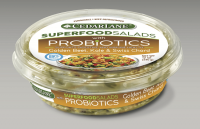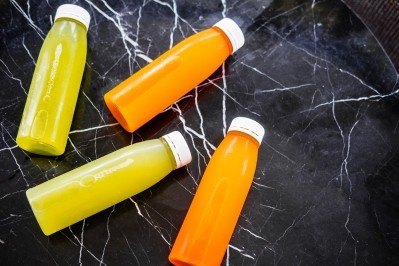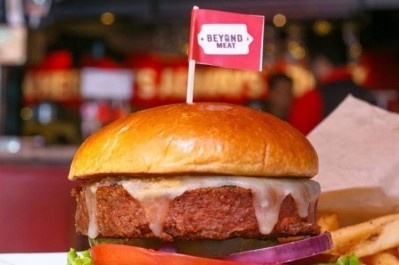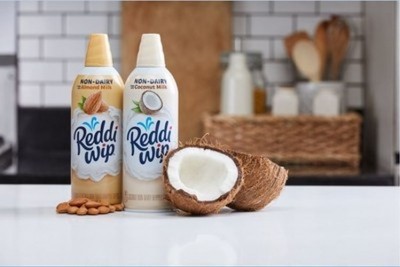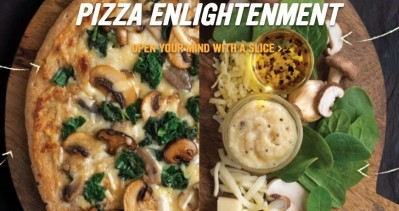Cedarlane Natural Foods talks plant-based trends: 'We weren't chasing a mirage'
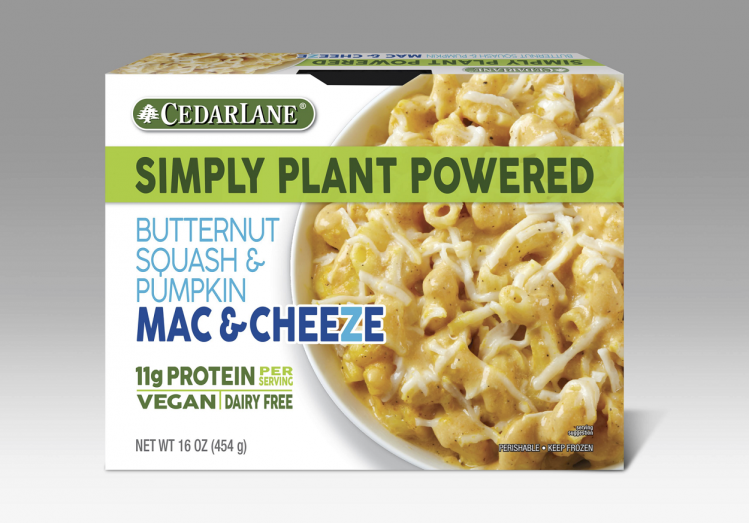
Atallah has maintained Cedarlane as an independent, family-owned business from the time it was a one-man operation preparing and packaging fresh and frozen traditional Mediterranean dishes to now, employing nearly 700 people with nationwide mainstream distribution in retailers including HEB, Sprouts, and Hy-Vee.
Atallah said that back in the 80s his products were adopted quickly by the 12 to 13 health food stores in the Southern California area since the company was filling a huge void in the frozen foods category that was still entrenched in the foil tray TV dinner image. From the start, Cedarlane was making healthy plant-based food free from preservatives, Atallah said.
“Somehow, back then, I believed in having a health food free of any preservatives,” Atallah told FoodNavigator-USA.
“There was no sophistication then in addressing marketing, addressing your positioning, addressing your competitors. We had the whole market open for ourselves.”
The wave of “healthy” frozen brands in the early 90s marketed as ‘low-fat’ and ‘lite’, such as Conagra’s Marie Callender’s and Nestle’s Lean Cuisine, challenged Cedarlane’s business that was starting to expand beyond local health food stores and into wider distribution.
“Then it became quite a challenge being in that business, it requires capital, it requires quite a bit of sales force,” Atallah said.
In addition, Cedarlane couldn’t afford to pay the slotting fees retailers were receiving from much larger competitors.
However, Cedarlane continued to innovate in the face of competition from major food corporations filling a niche in the frozen foods category with plant-based meals using exotic flavors free from preservatives, according to Atallah.
“I think we are the same target market. The Conagras and Krafts are trying to become a Cedarlane,” he said.
Fresh and frozen foods today
Before 'grab ‘n’ go' was a common phrase among consumers, Atallah had been producing portable fresh food items like hummus for decades and has continued that endeavor with a range of new fresh items including superfood salads with added probiotics (supplied by Ganeden), four varieties of organic salads, wraps, burritos, and single-serve tamales.
As with all of its fresh products, the company utilizes HPP (high pressure processing) technology to extend the shelf life of these products without the use of preservatives.
“We play a big role in the fresh food business – I think people are just getting warmed up to the category right now,” he said.
Cedarlane has also taken note of other trends its competitors have launched like the popularity of frozen bowls, launching its ‘Protein Power Bowls’ in five varieties.
According to Atallah, while it was a bit slower to launch their frozen bowls compared to competitors, the company is experiencing quite a bit of success in the short amount of the time the products have been on the market.
Ahead of the curve, but a bit too early
Like many nimble entrepreneurs, Atallah was able to recognize when his product ideas may have been a little bit too radical. Such was the case with his soon-to-launch ‘plant-powered’ products that he first tried introducing to retailers in the 80s.
Now that plant-based food items are outpacing traditional items in terms of sales volume growth, Atallah determined that time is right to launch his plant-based product range.
“It’s going to have much wider acceptance than people expect. It proves that we weren’t chasing a mirage.”
